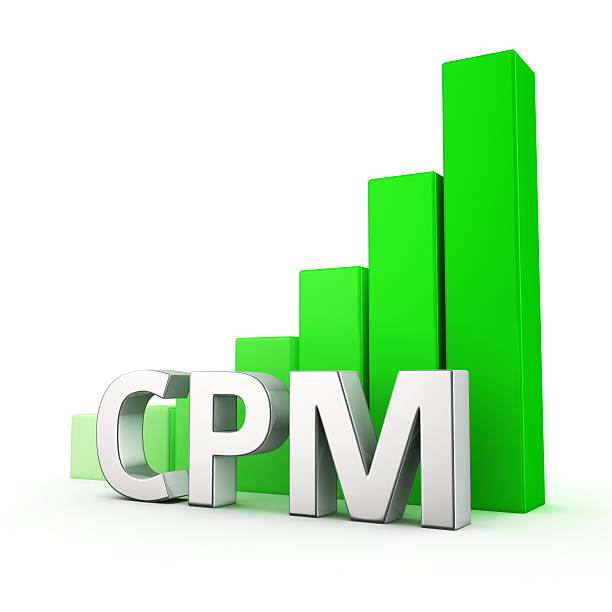Cost per thousand impressions, or CPM, is the metric advertisers use to compare different digital marketing platforms. It is the cost to reach one thousand potential customers with online advertisement.
In this digital age, companies no longer rely on traditional media like radios and televisions to reach their target audience; they now enjoy the efficient services of digital marketing platforms. However, since there are several digital marketing platforms and campaigns, this metric allows them to compare which platform yields faster results at the lowest cost. It determines the cost-effectiveness of marketing campaigns.
It is important for businesses to balance return on investment to get maximum results, and this metric offers insight into the cost of marketing; it can help businesses allocate resources effectively.

How to Calculate Cost Per Thousand Impressions (CPM)
To calculate this, you will divide the total costs of a specific marketing campaign by the total number of impressions it generated, then multiply the result by one thousand.
For example, if you spent $100 for a marketing campaign that generated 1 million impressions or views, your cost per impression is $0.0001 ($100 divided by 1,000,000). To get the CPM, you will multiply $0.0001 by 1000. So, your cost for this marketing campaign is $0.1 CPM.
Benefits of CPM
The biggest advantage of cost per thousand is the transparency it offers; the person who places the ad on any platform can clearly see how money was spent on it, how many times the ad has been displayed, and how many people engaged it.
Cost per thousand can help you control your advertisement costs and reach a wider audience. Also, you only pay for impressions rather than clicks, and it offers an opportunity to compare two different digital marketing campaigns and platforms to determine which one is more cost-effective and which gives the best results.